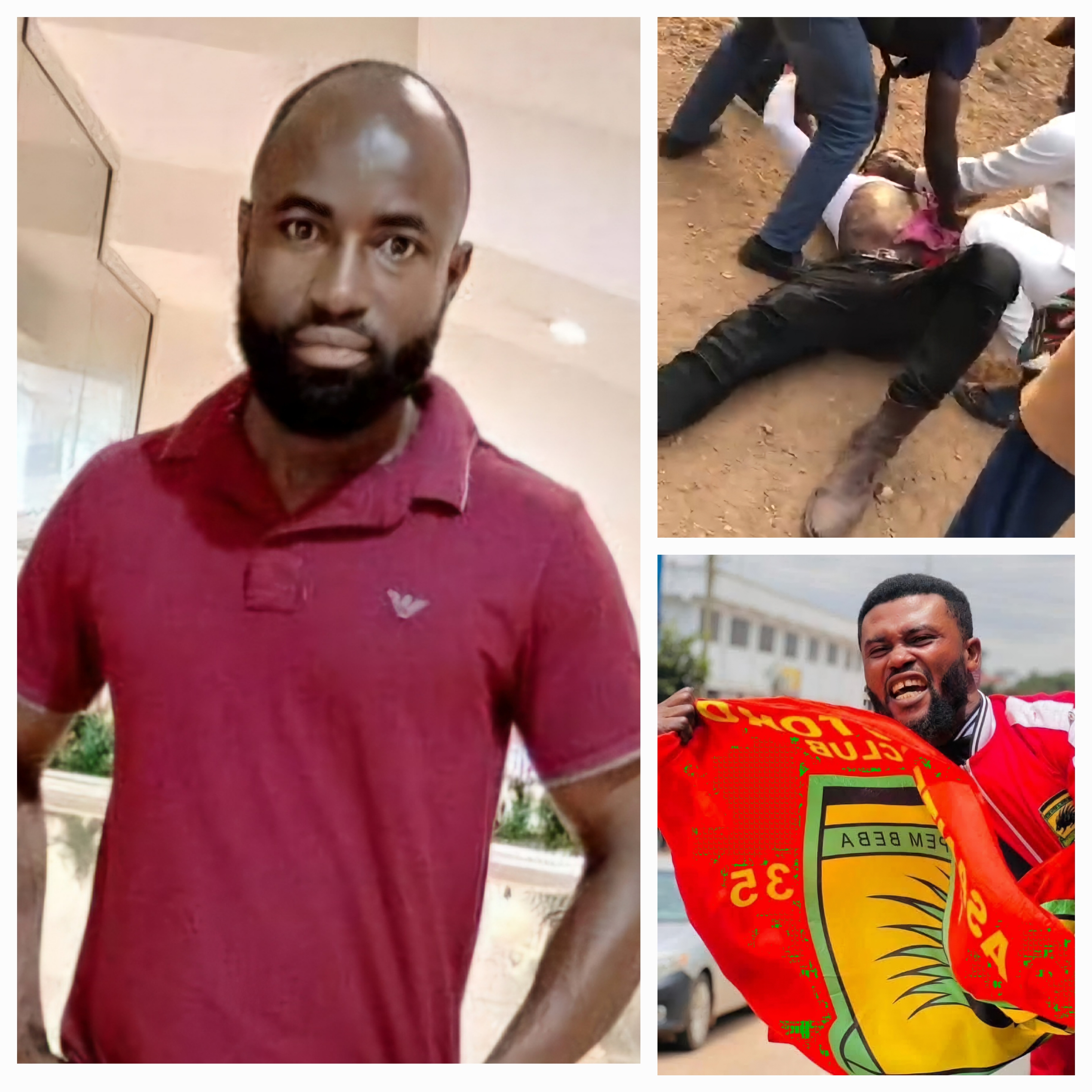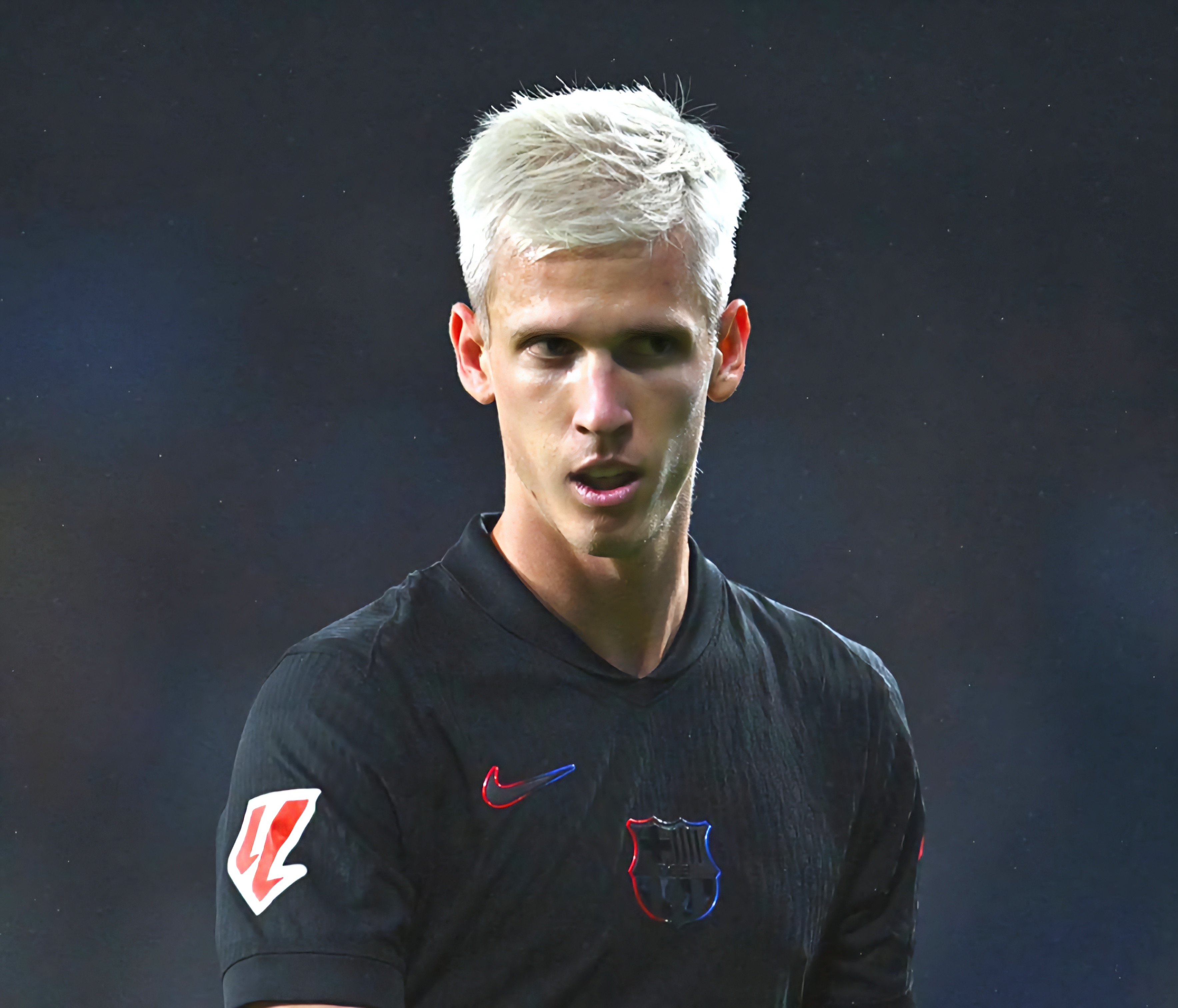The recent clash between PSG and Barcelona in a high-stakes football match was marred by controversy stemming from a racist remark made by Argentine manager Mono Burgos during pre-match coverage on Spanish broadcaster Movistar. The derogatory comment targeting Lamine Yamal prompted both teams to take a united stand against racism by boycotting their post-match interviews with Movistar. In response to the backlash, Mono Burgos issued an apology and announced his decision to step down as a commentator for the remainder of the season.
Racism in football has long been a pressing issue, with incidents of discriminatory language and behaviour tarnishing the sport’s reputation and undermining efforts towards inclusivity and diversity. The inflammatory remarks made by Mono Burgos not only reflect the persistence of racist attitudes within the football community but also highlight the importance of holding individuals and organizations accountable for promoting respectful and inclusive dialogue.
The Controversial Comment and Fallout:
1. Mono Burgos’ Comment: During the pre-match coverage of the PSG vs. Barcelona match, Mono Burgos made a racist remark directed at Lamine Yamal, suggesting that if things did not go well for him in football, he would end up at a traffic light. The insensitive nature of this comment drew widespread condemnation and sparked a strong backlash from players, clubs, and fans.
2. Boycott by PSG and Barcelona: In a display of solidarity against racism, both PSG and Barcelona opted to boycott their post-match interviews with Movistar in protest of Mono Burgos’ offensive statement. This collective action sent a powerful message emphasizing zero tolerance for discriminatory language and behaviour in football.
3. Apology and Resignation: Following the backlash, Mono Burgos issued a public apology for his inappropriate remarks and announced his decision to step down from his role as a commentator for Movistar for the remainder of the season. While the apology was a necessary first step towards addressing the harm caused by his words, the resignation underscores the accountability individuals must uphold in combating racism in sports media.
Implications for Anti-Racism Efforts in Football:
1. Unity Against Discrimination: The joint boycott by PSG and Barcelona serves as a reminder of the collective responsibility shared by clubs, players, and broadcasters to stand united against racism and discrimination. By taking a firm stance and holding perpetrators accountable, the football community reinforces its commitment to fostering a culture of respect and inclusivity.
2. Educational Opportunities: Incidents like the one involving Mono Burgos present an opportunity for education and awareness-raising around racial sensitivity and cultural competence in football. By engaging in meaningful dialogue and proactive measures to combat racism, stakeholders can drive positive change and promote a more inclusive and equitable sporting environment.
The controversy surrounding Mono Burgos’ racist remark and the subsequent boycott of post-match interviews by PSG and Barcelona underscore the ongoing challenges facing football in combating discrimination and promoting diversity. While the swift response from both clubs and Burgos himself demonstrates a recognition of the need for accountability and reflection, the incident serves as a sobering reminder of the work that remains to be done in eradicating racism from the sport. Moving forward, it is essential for stakeholders at all levels to prioritize anti-racism efforts, cultivate a culture of inclusivity, and empower individuals to speak out against bigotry in football and beyond.
 Pazionmedia.com Pazion Media l Latest News l Politics l Sports l Entertainment
Pazionmedia.com Pazion Media l Latest News l Politics l Sports l Entertainment



